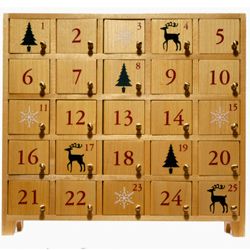Key Takeaways
- Celebrating St. Patrick's Day sometimes involves honoring the patron saint of Ireland with feasting and festivities on March 17.
- Giving gifts on Boxing Day is a tradition of rewarding service workers and public employees the day after Christmas.
- Decorating and hiding easter eggs symbolizes rebirth and the resurrection of Jesus Christ through Easter egg hunts and festivities.
For the Christian household, there are many ways to celebrate faith and tradition. Some of the most beloved holidays across the globe have their beginnings in Christian observances. Beneath the modern marketing and beyond the hype, they still have the power to create great memories and provide a foundation of faith that can last a lifetime.
Let's take a look at 10 popular Christian traditions. Most you know, but some of the details about them may surprise you.
Advertisement




